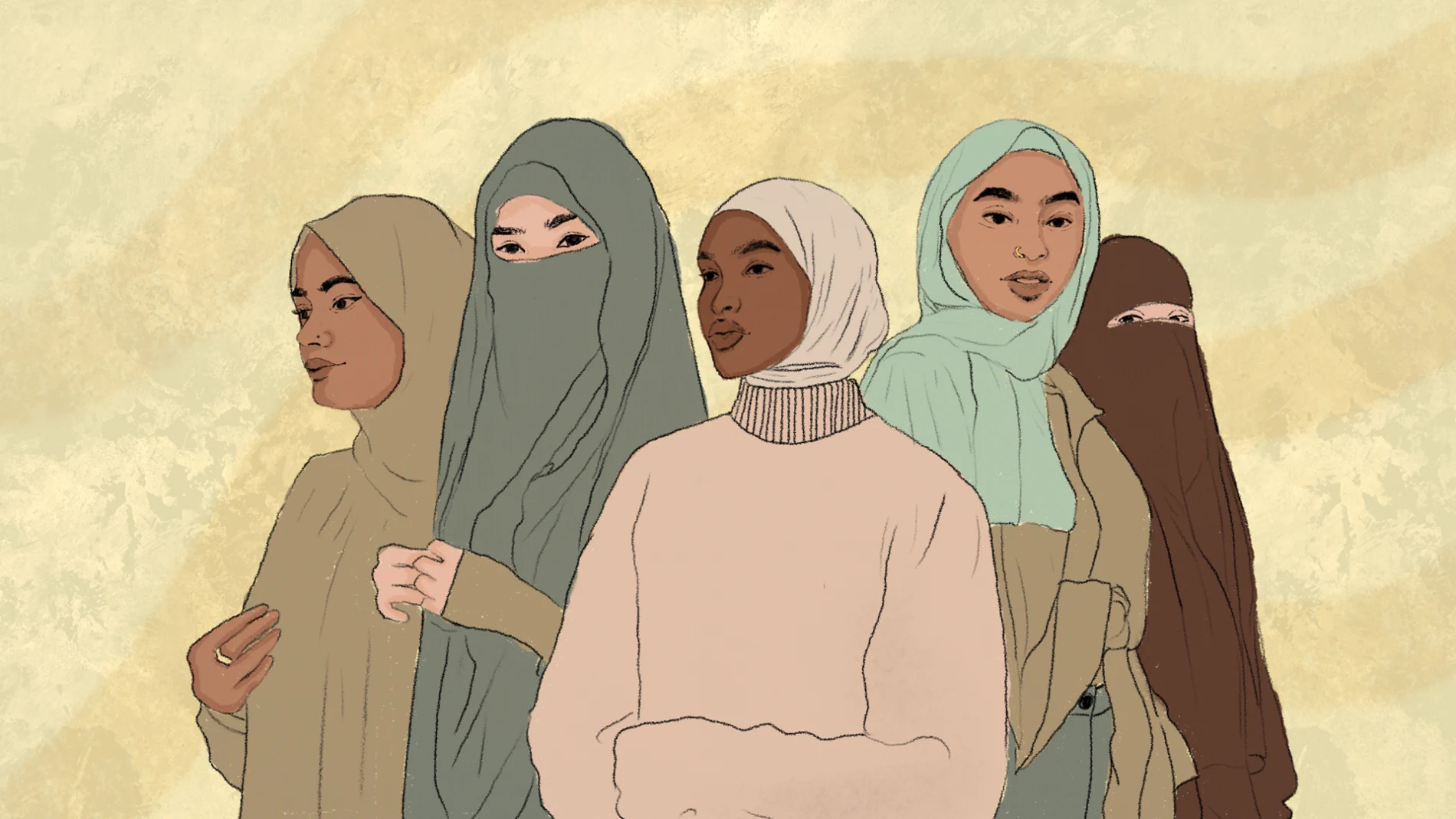
Tajikistan, a Central Asian country neighboring Taliban-ruled Afghanistan, is set to impose a hijab ban. On June 19, the upper chamber of Tajikistan’s parliament, Majlisi Milli, approved a bill prohibiting “alien garments” and banning children’s celebrations for the Islamic holidays Eid al-Fitr and Eid al-Adha. The session was led by Rustam Emomali, head of the Majlisi Milli.
The new law specifically targets the hijab, an Islamic headscarf. The lower chamber, Majlisi Namoyandagon, had already passed the bill on May 8. The bill includes amendments to the code of administrative violations, introducing fines for breaches. Previously, the code did not mention hijabs or other religious clothing. Under the new law, individuals can be fined up to 7,920 somonis, while legal entities face fines up to 39,500 somonis. Government officials and religious leaders could face even steeper fines, ranging from 54,000 to 57,600 somonis.
This official ban follows years of an unofficial prohibition on hijabs in Tajikistan. The country has also unofficially banned bushy beards. In 2007, the Education Ministry banned Islamic clothing and Western-style miniskirts for students, later extending the ban to all public institutions. Recently, the government has promoted the wearing of Tajik national dress, as detailed in the 2018 “Guidebook of Recommended Outfits in Tajikistan.” In 2017, women received government messages encouraging them to wear national attire.


